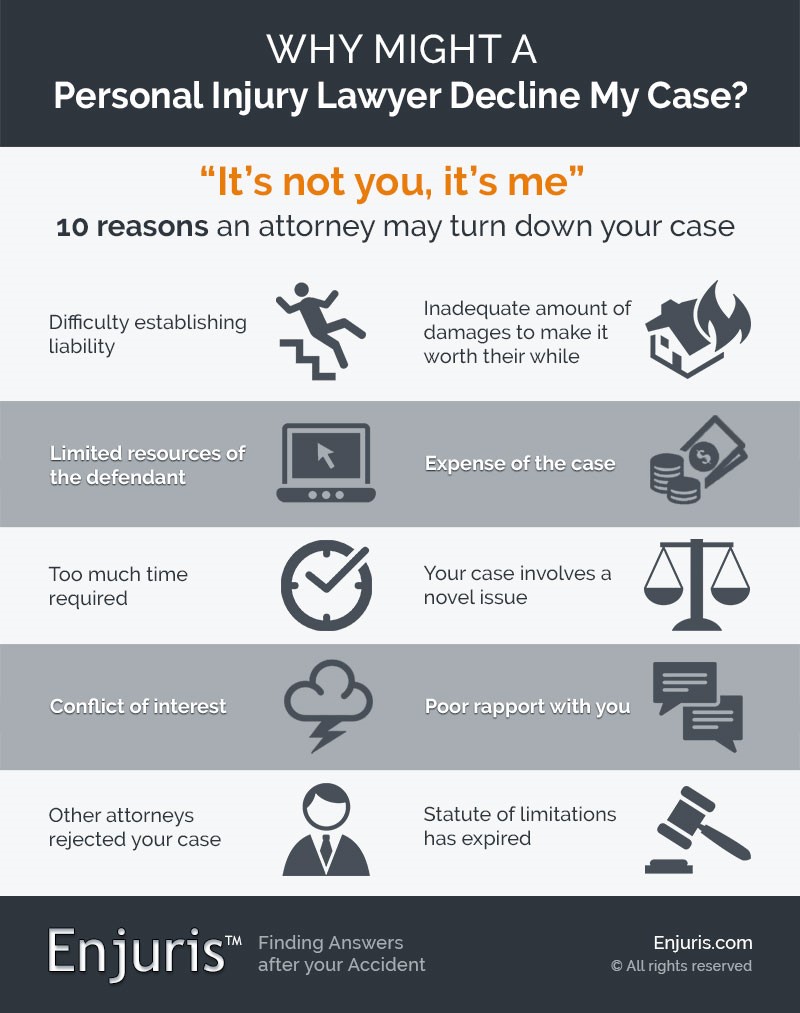Navigating Landlord-Tenant Legislation: Insights For Real Estate Attorneys
Navigating Landlord-Tenant Legislation: Insights For Real Estate Attorneys
Blog Article
Writer-Calderon Bennetsen
When it concerns landlord-tenant law, recognizing your legal rights and duties is vital for both parties. south florida probate lawyer may assume you have a strong understanding on the basics, but there are usually nuances that can catch you unsuspecting. Whether you're a proprietor handling a home or a renter seeking a secure home, understanding the lawful landscape can make all the difference. What could surprise you are the complexities involved in browsing conflicts and expulsion procedures.
Comprehending Renter Civil Liberties and Responsibilities
When you rent a building, it's crucial to comprehend your legal rights and obligations as a lessee. You can a safe and habitable living environment, suggesting your proprietor has to keep necessary services like home heating, plumbing, and electrical power.
You're also qualified to personal privacy; property managers usually need to supply notice prior to entering your device.
On the flip side, you are in charge of paying rental fee on time, keeping the building clean, and not triggering damages beyond typical deterioration.
Familiarize yourself with your lease arrangement, as it details details policies and obligations. Recognizing these elements not just protects you yet additionally cultivates a favorable connection with your property owner.
Keep notified, and you'll browse your occupancy better.
Trick Property Manager Commitments and Lawful Considerations
While you might know your legal rights as an occupant, it's similarly essential to recognize your proprietor's commitments.
Landlords should provide a secure and habitable living atmosphere, guaranteeing that important systems like heating, pipes, and electricity are in working order. They're likewise responsible for making necessary fixings quickly and sticking to regional building ordinance.
Furthermore, property managers should appreciate your personal privacy by giving correct notification prior to entering your device, generally 24 hours. They ought to manage security deposits according to state regulations, consisting of returning them promptly after you move out, minus any kind of authorized deductions.
Understanding these obligations can help you maintain a positive partnership with your property manager and guarantee your living situation meets lawful requirements.
Browsing Disagreements and Expulsion Processes
Disputes in between property owners and tenants can arise suddenly, making it vital for you to comprehend the processes associated with fixing them.
First, communication is key-- attempt to go over issues directly to locate a concession. If https://www.fool.com/the-ascent/small-business/social-media/articles/real-estate-social-media/ fails, acquaint on your own with your neighborhood laws relating to conflicts and expulsion. File every little thing: keep documents of communications, settlements, and any kind of infractions.
If eviction becomes necessary, ensure you follow the lawful steps required in your location, which usually includes offering composed notice and a specific timeframe for resolution.
Be prepared to go to court if the situation rises, maybe your only recourse. Comprehending these procedures will assist you navigate disagreements better and safeguard your legal rights as either a landlord or tenant.
Final thought
In summary, comprehending landlord-tenant law is essential for both celebrations associated with a rental agreement. By understanding your legal rights and duties, you can promote a much better living setting and prevent conflicts. If disputes occur, bear in mind that a realty attorney can aid guide you through the intricacies of expulsion procedures and lawful obligations. Staying notified and positive will guarantee a smoother rental experience, whether you're a property owner or an occupant.
